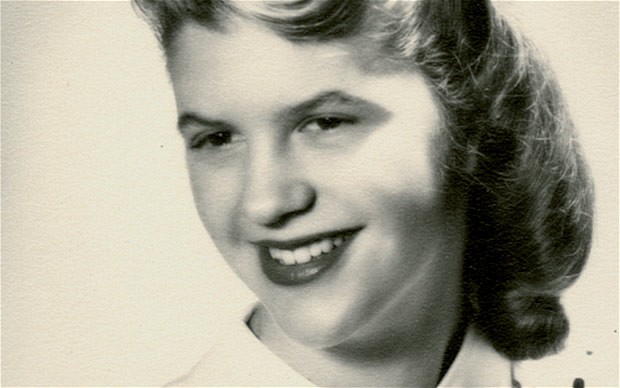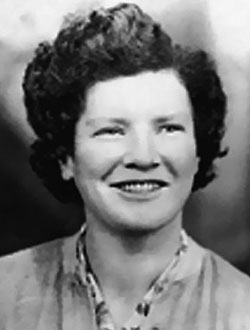I was born with a predisposition, maybe. The recipe for it carried like a stowaway in the secret, destructive chemistry of my brain. When I was sick, I beat a retreat from the world. Coming back, even partway, has been hard. It's been easier to live in the body's pain than the mind's--than the world's.
How much should a person walk their interior or travel society's prism of triggers. Eric Kandel's In Search of Memory says we lay down proteins every time we revisit a memory, building it and making it stronger. So with each new remembered and revisited thought, a different future emerges based on how, in the present, we remember the past.
Anyhow, below is some of what struck a deep chord within me today, what I revisited, and what is becoming now part of my physiology:
I watched Montage of Heck twice. I took notes. Novoselic talking about Cobain's sensitivity to humiliation. Love modifying, in terms of romance, how sensitive he was to betrayal. I took notes on Morgen's interviews and talks. On the reviews and comment threads.
'And the danger is that in this move toward new horizons and far directions, that I may lose what I have now, and not find anything except loneliness.' (from Sylvia Plath's unabridged diaries)
'If I could catch the feeling, I would: the feeling of the singing of the real world as one is driven by loneliness and and silence from the habitable world.' (from Virginia Woolf's diary)
' [. . .] it is hours and years spent in the factories, the streets, the cathedrals of the imagination, learning [ . . . ] its skies and space, its own planetary system, without thinking that one may become homeless in the world, and bankrupt, abandoned [ . . .]' (from Janet Frame's 3-part autobiography)
I took a call from my father earlier. He said: 'Plumb the depths of your despondency and despair. There's a floor; you just haven't found it yet. You're elastic. When you do, you'll come back.'
I'm afraid there's no floor. ('One thing they don't tell you about the blues when you got 'em is there ain't no bottom, there ain't no end,' sings Emmylou Harris.) It's a vast and bottomless sea. And no amount of elasticity, of pull or determination, can get you back when you've gone too far.
There's one more, from David Foster Wallace, below.
What destinies we could have, if everyone were kinder to one another, to themselves.





The so-called ‘psychotically depressed’ person who tries to kill herself doesn’t do so out of quote ‘hopelessness’ or any abstract conviction that life’s assets and debits do not square. And surely not because death seems suddenly appealing. The person in whom Its invisible agony reaches a certain unendurable level will kill herself the same way a trapped person will eventually jump from the window of a burning high-rise. Make no mistake about people who leap from burning windows. Their terror of falling from a great height is still just as great as it would be for you or me standing speculatively at the same window just checking out the view; i.e. the fear of falling remains a constant. The variable here is the other terror, the fire’s flames: when the flames get close enough, falling to death becomes the slightly less terrible of two terrors. It’s not desiring the fall; it’s terror of the flames. And yet nobody down on the sidewalk, looking up and yelling ‘Don’t!’ and ‘Hang on!’, can understand the jump. Not really. You’d have to have personally been trapped and felt flames to really understand a terror way beyond falling.” (DFW)